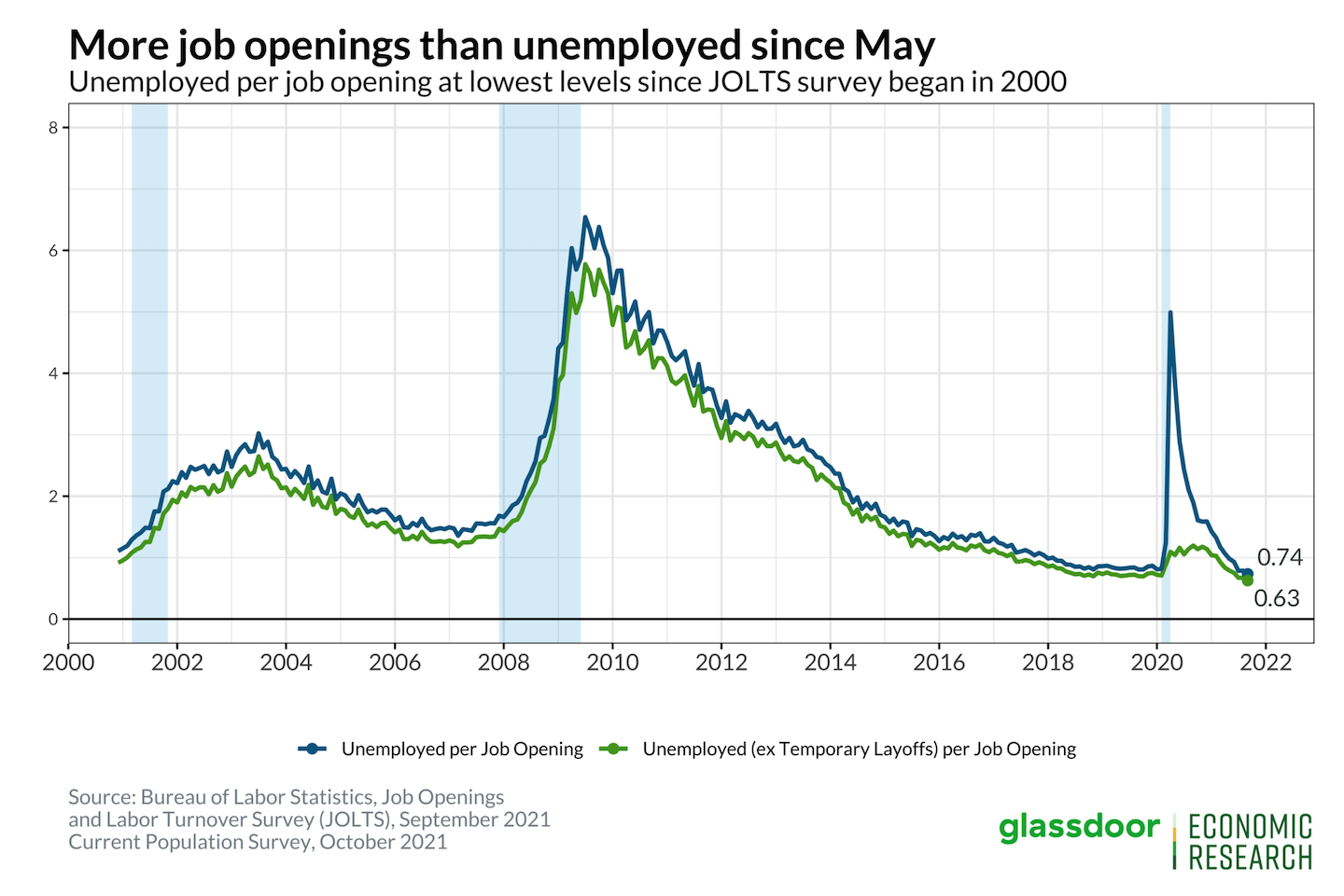Preparing for a job interview in the innovative, fast-paced world of hedge funds can be quite challenging. It requires acute attention to detail, a strong understanding of the industry, and a strategic approach to showcasing one’s talents and skills. In this blog post, we will provide a comprehensive overview of how to prepare for an interview at a hedge fund, specifically outlining key steps that are critical for success.
Understanding the Company’s Culture and Portfolio
The first step in preparing for a hedge fund interview is to research the firm thoroughly. This means reviewing their website, examining their portfolio, and gaining a comprehensive understanding of the company’s culture, values, and philosophy. Additionally, it is important to analyze the company’s recent performance, including returns and other noteworthy investments. This research will help you to align your own experiences and skills with the needs of the firm and help you to demonstrate your knowledge and interest in the industry during the interview.
Anticipating Hedge Fund-Specific Questions
Another essential step when preparing for a hedge fund interview is to practice answering common industry questions with a focus on displaying your past successes and actions. Consider preparing a list of anticipated hedge fund-specific questions and thinking about concrete examples from your professional experience that demonstrate your competencies. For instance, candidates may be asked to discuss their fluency in financial statements and models, their knowledge of capital markets, or the problem-solving strategies used to get the best return on investment (ROI). It is valuable to research and anticipate these questions and develop appropriate responses that are articulate, concise, and evidence based. Prepare a reason as to why you’ve decided to interview with this specific company and how this specifically helps to advance your career aspirations. In doing so, know how to build your rapport with the people you’re interviewing while simultaneously conveying your experience, qualifications, and skills.
In order to demonstrate proficiency in the skills and knowledge necessary, candidates should familiarize themselves with financial modeling and how to interpret financial statements. Many hedge funds invest in companies with complex financial structures, and interviewers could ask questions that require the ability to manipulate and explain models. Therefore, it is essential to understand the basics of financial modeling and to ensure that you can clearly articulate financial statements to someone with or without a financial background.
Behavioral vs Situational Interviews in Hedge Funds
It is also important to prepare for behavioral and situational interviews, which are common in the hedge fund industry. Behavioral questions usually focus on a candidate’s past experiences, while situational questions will present a hypothetical scenario and ask the candidate how they would handle it, and what techniques or strategies could be used. It is beneficial to anticipate both types of questions and prepare responses highlighting your competencies and other relevant experiences that emphasize these traits.
Final Thoughts
Finally, preparing for a hedge fund interview requires extensive research, preparation, and strategic thinking. Candidates should have a deep understanding of the industry, prepare thoroughly for various interview types, understand financial modeling, and keep their composure in high-pressure situations. With the right approach to preparation, candidates can demonstrate their skills, confidence, and knowledge and increase their chances of landing the job.



